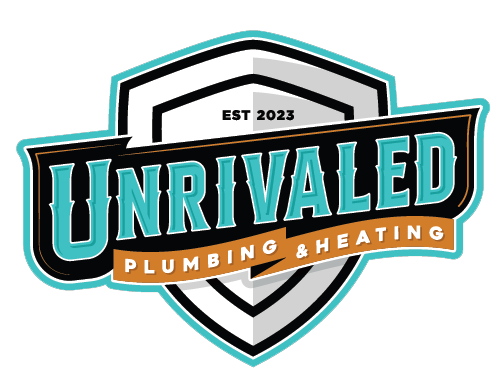When Should You Clean Your Drains
Regular drain cleaning is essential for maintaining a healthy plumbing system and preventing costly repairs. Regular drain cleaning has many benefits, scroll down for more.

When Should You Clean Your Drains?
A Guide to Preventing Clogs and Maintaining a Healthy Plumbing System
Keeping your drains clean is essential to maintaining a healthy and efficient plumbing system in your home or business. Regular drain cleaning can prevent clogs, eliminate odors, and save you from costly repairs. But how often should you clean your drains, and what are the signs that it's time to do so? Let's dive into the details!
1. Routine Maintenance: Every 1-2 Years
Even if your drains seem to be functioning well, it's wise to perform routine cleaning every 1-2 years. This preventative measure helps remove buildup before it turns into a full-blown clog. Consider scheduling a professional drain cleaning service, especially if your home is older or has a history of plumbing issues.
2. Signs It’s Time to Clean Your Drains
Sometimes, drains need attention more often than the routine schedule suggests. Here are some signs that indicate it's time for a cleaning:
- Slow Draining: If water is taking longer than usual to drain from your sinks, showers, or tubs, this is a clear sign of a developing clog. Slow draining is often caused by hair, soap scum, grease, and other debris that accumulate over time.
- Frequent Clogs: Experiencing regular clogs in your kitchen or bathroom sinks is a sign that your drains need a thorough cleaning. While minor clogs can sometimes be handled with a plunger, frequent issues may indicate a more significant problem in your plumbing.
- Foul Odors: Unpleasant smells coming from your drains are often caused by trapped food particles, grease, or organic matter. These odors can be a nuisance and are a sign that your drains need cleaning.
- Gurgling Noises: If you hear gurgling or bubbling noises when water drains, it could mean there's air trapped in the pipes due to a clog. This can eventually lead to more severe blockages if not addressed promptly.
- Water Backups: Seeing water back up in sinks, showers, or toilets is a severe sign of a blockage in your plumbing system. Water backups can cause damage to your home and should be addressed immediately.
3. Seasonal Cleaning: Ideal Times
Certain times of the year may require extra attention to your drains:
- Spring and Fall: Seasonal changes can impact your plumbing. During spring, melting snow and increased rainfall can strain your drainage system. In fall, leaves and debris can clog outdoor drains, which can lead to issues indoors. Cleaning your drains during these times can prevent seasonal clogs.
- Holidays and Gatherings: Before hosting large gatherings or during the holiday season, consider cleaning your drains. With more people in your home, your plumbing system will experience increased usage, which can lead to clogs.
4. DIY vs. Professional Cleaning
While there are many DIY methods to clean your drains, such as using a plunger or a baking soda and vinegar solution, these are often temporary fixes. For a thorough cleaning, consider hiring a professional who will use specialized equipment like hydro-jetters and drain snakes to clear out even the
most stubborn clogs.
5. Preventative Measures
To keep your drains clean longer, follow these tips:
- Avoid Pouring Grease Down the Drain: Grease can solidify and cause blockages. Dispose of grease in a container and throw it in the trash.
- Use Drain Screens: Install screens over your drains to catch hair, food particles, and other debris.
- Run Hot Water: Regularly run hot water down your drains to help dissolve any buildup of soap scum or grease.
- Be Mindful of What Goes Down the Drain: Avoid flushing items like wipes, feminine hygiene products, or cotton balls down the toilet, as these can cause blockages.
Regular drain cleaning is essential for maintaining a healthy plumbing system and preventing costly repairs. By scheduling routine maintenance, being aware of signs that indicate your drains need attention, and taking preventative measures, you can keep your drains flowing smoothly and avoid the hassle of clogs. Remember, when in doubt, it's always best to call a professional plumber to handle the job safely and effectively.
Mike P.
Master Plumber






